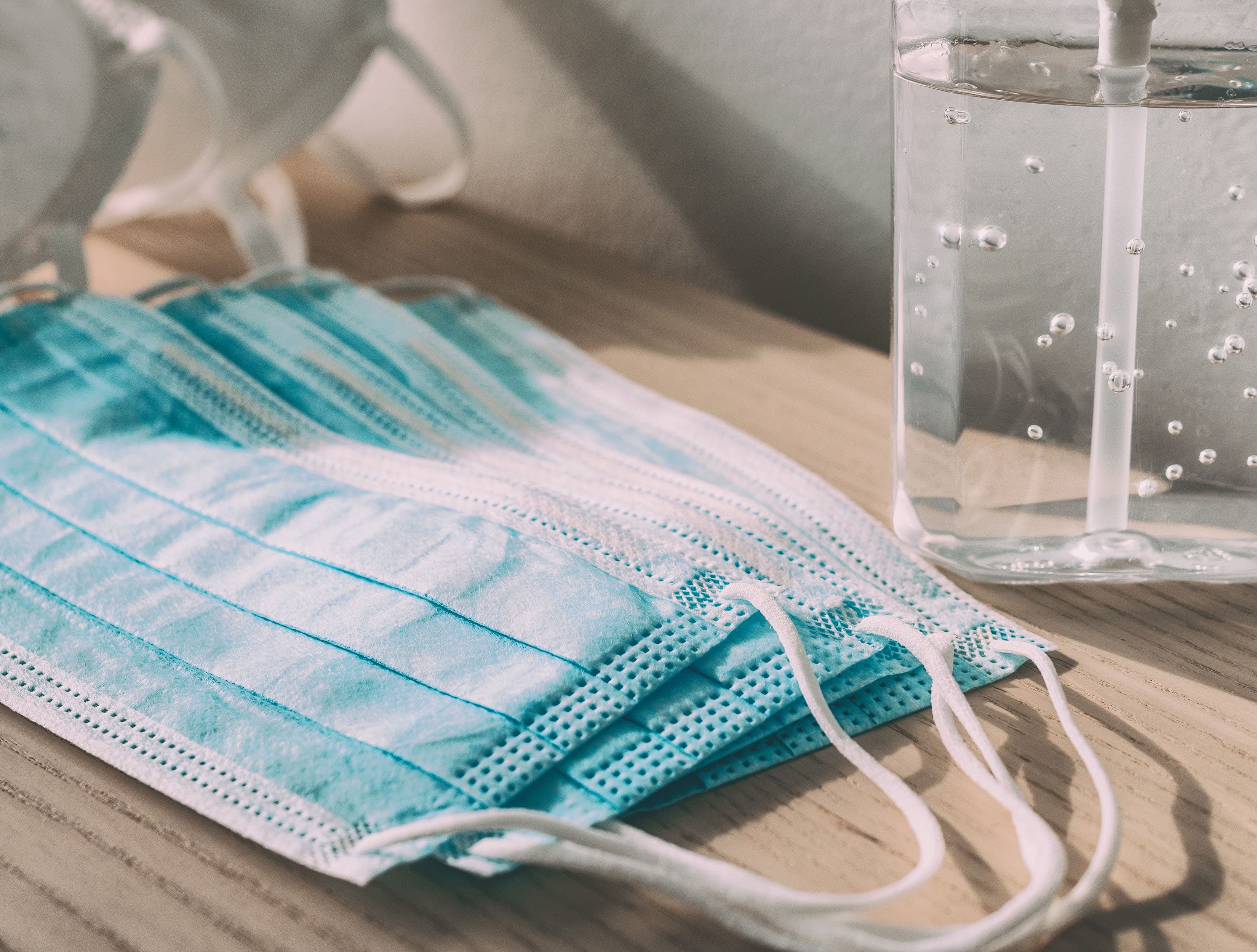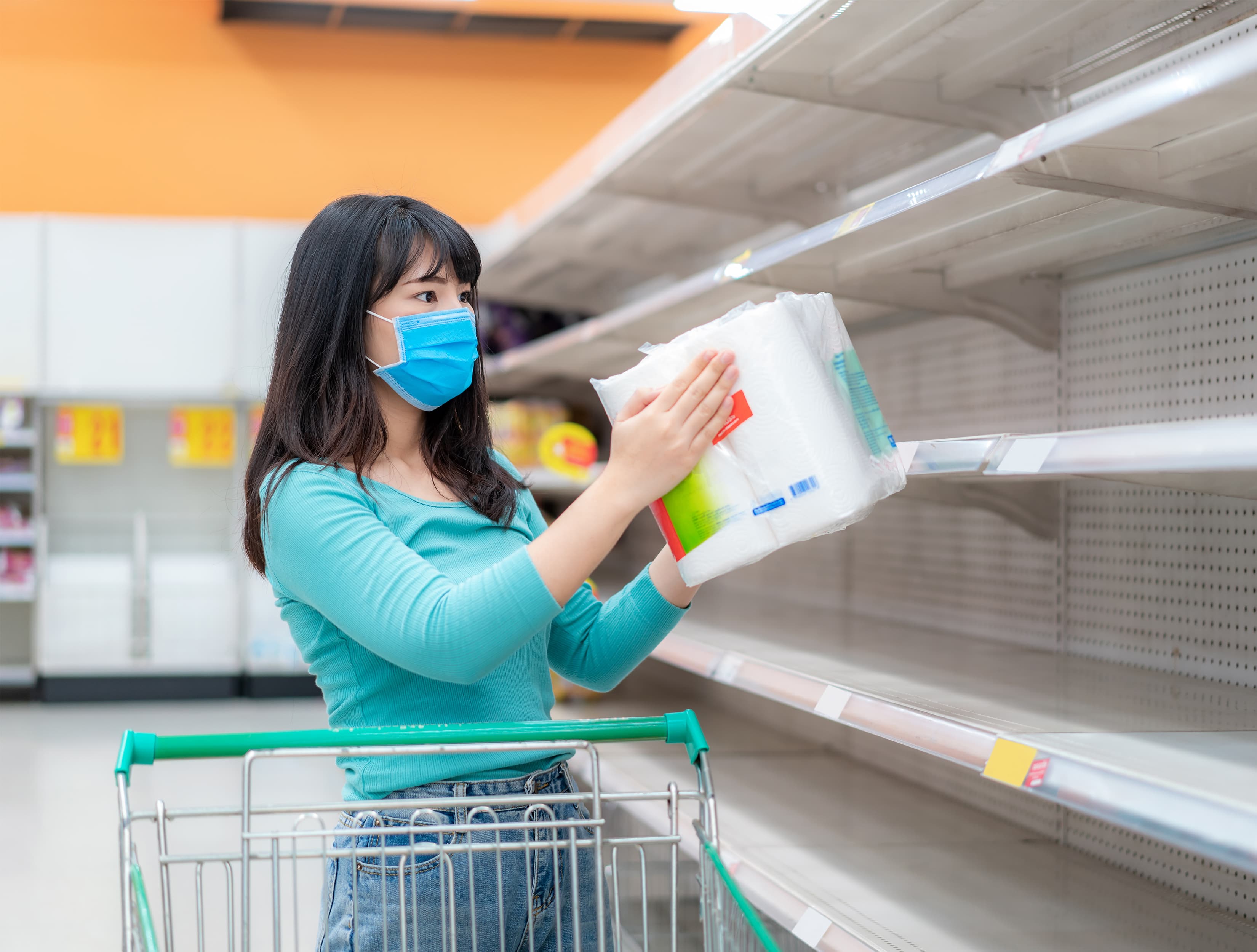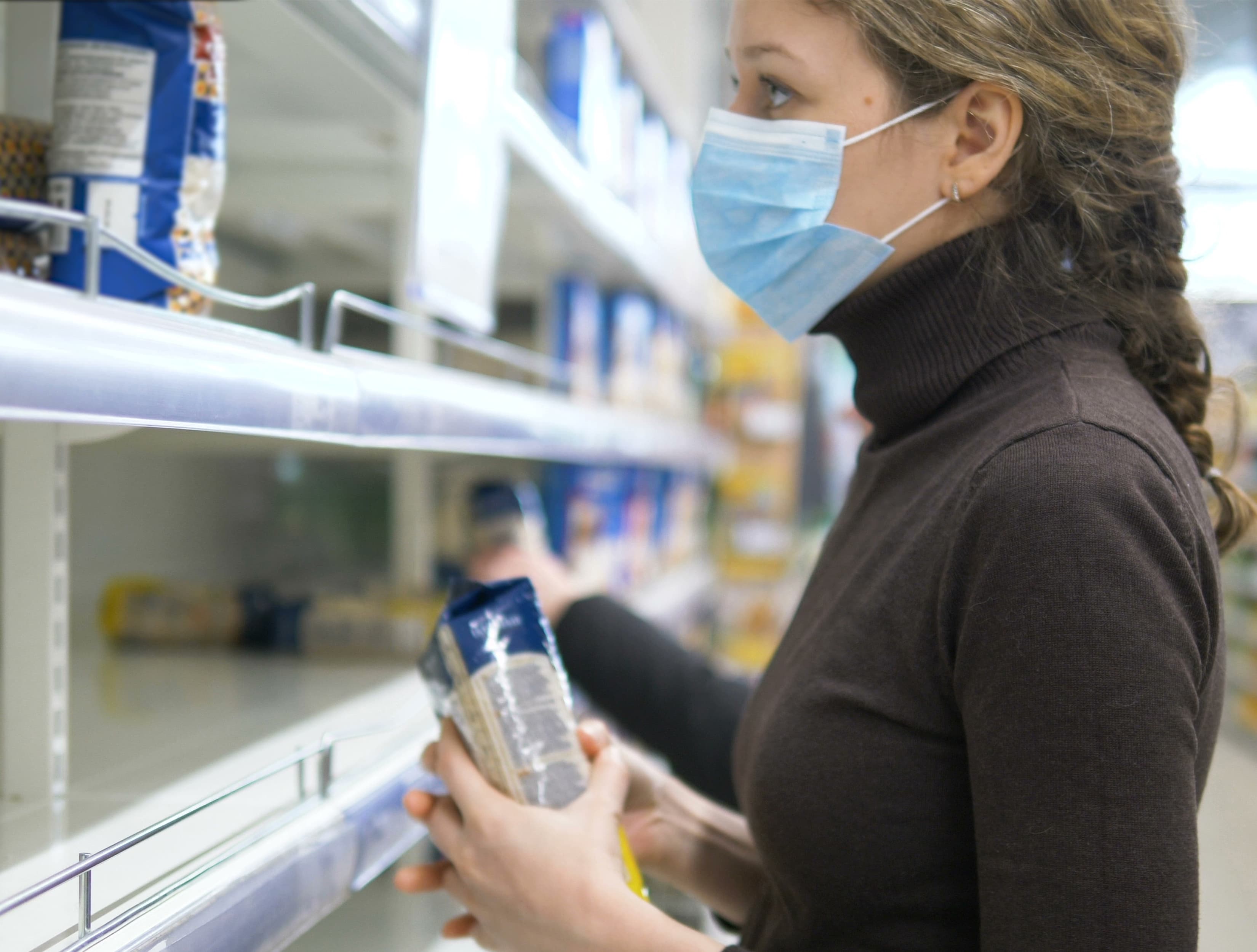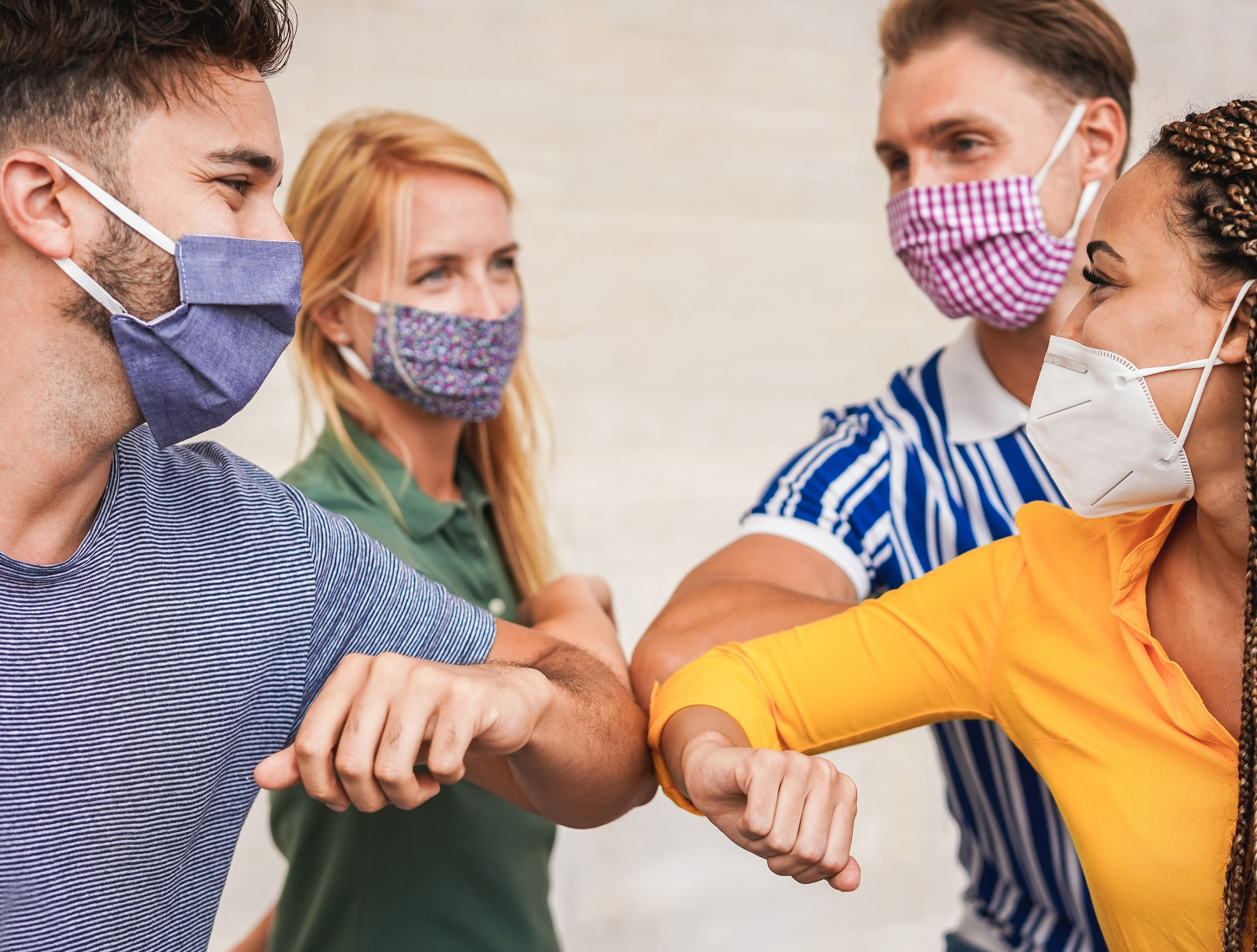Recent Posts
- Essential Earthquake Safety Information: How to Protect Yourself and Your Loved Ones
- What to Do In an Earthquake - The Complete Guide
- Georgia Resident Uses STOP THE BLEED® Training to Save Neighbor
- Emergency Preparedness for Older Adults
- Don't Be a Hot Dog: How to Keep Your Pets Safe This Summer
Disaster Prep in The Time of COVID
Friday, September 25, 2020

COVID-19 impacted virtually every aspect of our daily lives, from shopping for food to socializing with friends and family. How we prepare for emergencies during a pandemic is no exception. Surviving a natural disaster in 2020 and beyond now requires additional planning and resources. Regardless if you are preparing for an earthquake, hurricane, or family road trip, the simple items outlined below are now mandatory add-ons to your survival supplies.

Pre-COVID-19, only those in a few select professions regularly wore face masks. Today, face masks are daily essentials, fashion statements and necessary additions to your survival supplies. If you reside in the path of a hurricane or wildfire, you may seek refuge in an emergency shelter. Maintaining hygienic conditions inside a crowded shelter is key to surviving the disaster and remaining healthy for the cleanup. Keep a dedicated supply of face masks (2 per person), hand sanitizer, and disinfectant wipes in your shelter-in-place kit and go-bag.
Expert Tip: store your face masks in a water-resistant plastic bag to keep them clean and uncontaminated.
Toilet Paper 

The necessity of this item does not require much explanation. The Great #2020toiletpapershortage will surely go down in history as one of mankind's most baffling moments. Store at least two toilet paper rolls in your home kit and one in your go-bag. While you are at it, add a roll of paper towels and tissue packs.
Expert Tip: if you dip into your emergency supply of toilet paper during a non-disaster moment, do not forget to replace it!
Extra Food and Water

Massive hurricanes and earthquakes can interrupt power and water service to homes and emergency shelters. COVID-19 may cause extended delays in the restoration of these utilities. Self-sufficiency during this time is critical to your comfort and perhaps even survival. A 3-day supply of food and water may no longer suffice during the pandemic. The Red Cross currently recommends households store a minimum two-week supply of non-perishable food and potable water for each person in your home survival kit. A UV protected 55-gallon water storage barrel provides a safe and cost-effective means of storing emergency water. Maintain 72-hours of food and water per person in your go-bag.
Expert Tip: keep a list of your ration's expiration dates and replace them as necessary.
Prescription AND Over-the-Counter Medications

Preparedness experts recommend storing a 1-month supply of prescription medications and over-the-counter medications that reduce fevers, coughs, and body aches. Prepare for a worst-case scenario by asking yourself the following questions:
- How will I gain access to prescription medications if local pharmacies are damaged?
- How will I treat myself or a family member if they become sick while in a disaster zone?
Expert Tip: include a basic first aid kit along with your medications in both your home and car survival kits.
Time

Time may be your most valuable resource. Plan, shop, and store your supplies ahead of the disaster. In our current pandemic-clouded reality, grocery stores in many parts of the country regularly encounter supply shortages. Throw in a natural disaster and the situation becomes critical. Avoid panic buying and purchase your PPE, toilet paper, and emergency food supplies weeks before, not days before a hurricane is forecasted to hit your area. Earthquakes are unpredictable so prepare today, not tomorrow.
Expert Tip: take the time to learn CPR or brush up on basic first aid skills. The Red Cross offers a variety of online training classes.
We Will Get Through This

The year 2020 has brought new meaning to the mantra, "anything that can go wrong will go wrong." Despite this cataclysmic year, we are not helpless. Simple actions such as adding an extra roll of toilet paper or food bar to your survival supplies can go a long way the next time Mother Nature decides to reopen her destructive arsenal of disasters. Most importantly, plan ahead, look out for each other, and take a deep breath. This too shall pass.
https://www.cdc.gov/disasters/hurricanes/covid-19/public-disaster-shelter-during-covid.html
https://www.cdc.gov/disasters/hurricanes/covid-19/prepare-for-hurricane.html
https://www.redcross.org/get-help/how-to-prepare-for-emergencies/types-of-emergencies/coronavirus-safety/preparing-for-disaster-during-covid-19.html
